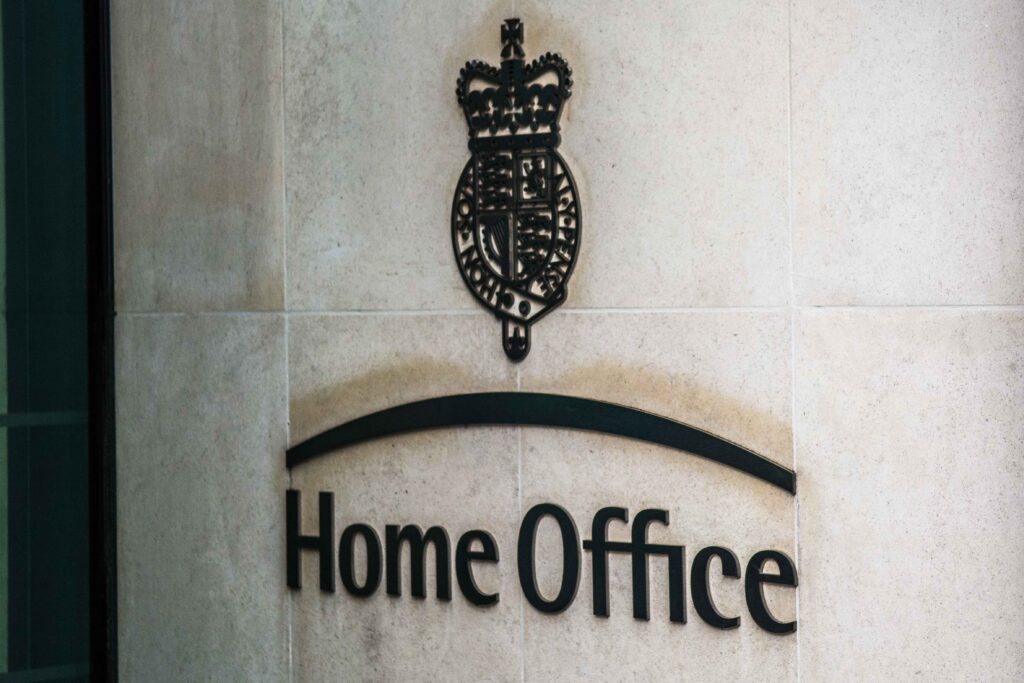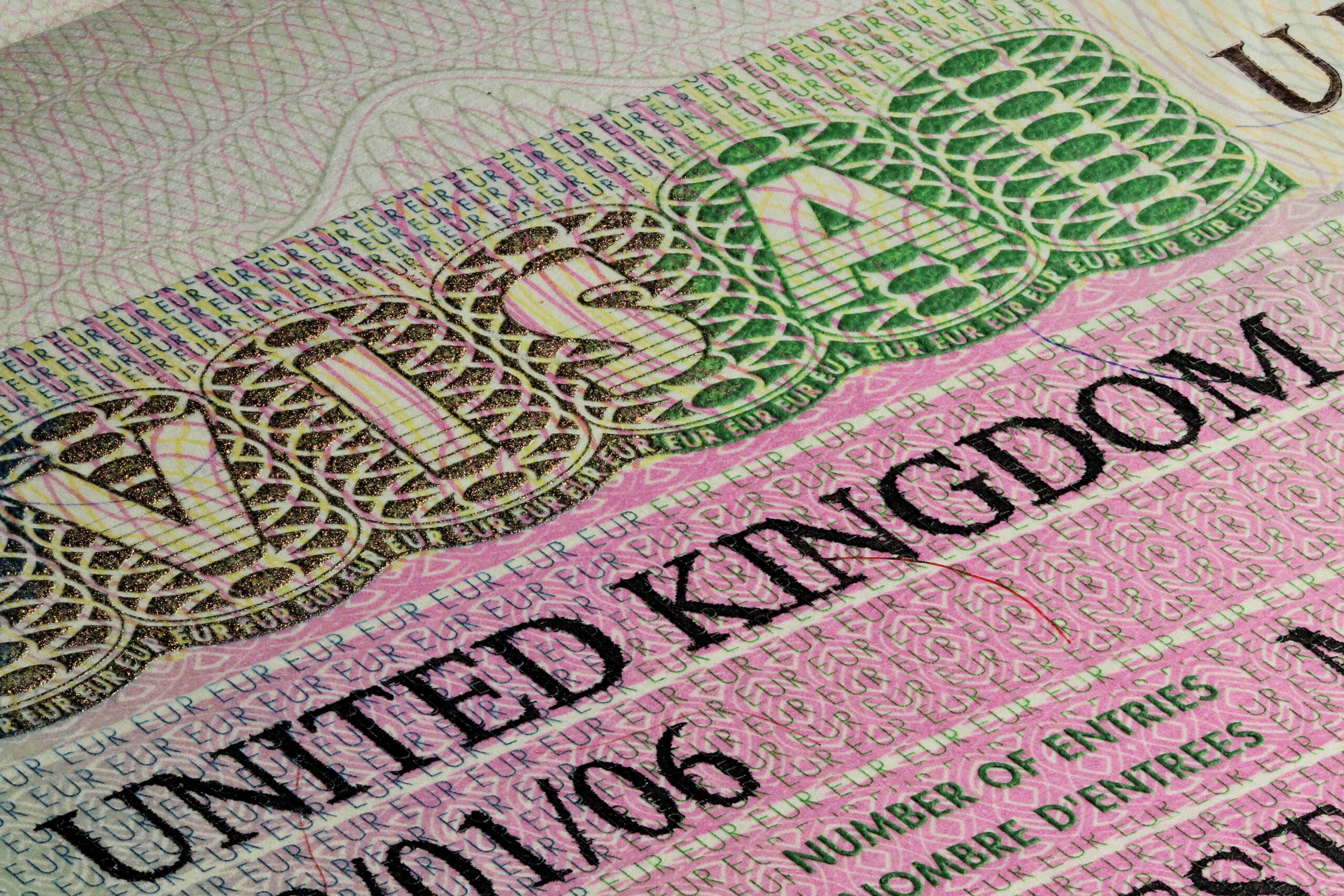International students bring the UK government £40 billion every year, the equivalent of every resident being £560 better off – but campaigners say proposed visa changes will drastically cut this figure.
The economic implications of international student enrolment are varied according to economists.
Analysis by London Economics shows that first-year international students enrolled in the 2021/22 academic year are projected to contribute a total net economic benefit of £37.4 billion to the UK.
This substantial economic impact is distributed across various sectors and regions, with international students making a net economic contribution of £58 million per parliamentary constituency over the duration of their studies. Resulting in every level of the community benefiting.
As of 2021/22, the number of overseas students studying in UK universities reached a record high of 679,970, constituting a quarter of the total student population.
This surge in enrolment reflects a trend of steady growth, with the number of new overseas entrants rising from 254,000 in 2017/18 to 381,700 in 2020/21.
Despite these gains, the UK has faced stiff competition from other global destinations, notably Australia, which overtook the UK as the second most popular destination for international students in 2019.
This intensified competition underscores the importance of strategic initiatives to maintain the UK’s appeal as a top study destination.
In 2021/22, annual tuition fees for international undergraduate students in the UK started at £11,400. This rose to as much as £32,081 in some cases. For home students this is capped at £9,250.
Annual tuition fees for international postgraduate students ranged between £8,500 and £51,360.
This means that over £4bn is brought into the UK economy every year from international course fees alone. This doesn’t include the visa fees or what is spent in by students in their day-to-day lives.
Campaigners say that as well as bigger businesses these changes will also impact local establishments, such as shops, pubs and restaurants.

Anne Gaillot, the assistant manager of Forum Kitchen & Bar in Sheffield believes a sudden drop in international students would cause severe repercussions throughout the industry.
She said: “I think there would be a massive financial impact. I can’t quantify it, of course. But, I serve people from everywhere, all the time, this would cause a very drastic change to business.”
Beyond direct economic benefits, international students also are also seen to enrich the UK higher education experience in terms of culture and preparing students for a globalised workforce.
And politicians also point to the the UK’s reputation as a leading educational hub which has far-reaching diplomatic and soft power implications, with over a quarter of the world’s countries being led by people educated in the UK.
Sheffield Hallam University Students’ Union President Abiola Fasipe and International Students’ Officer Emmanuel Owusu Takyi said: “As international students ourselves we would like to show solidarity with our fellow international students. We cannot speak highly enough about the broad benefits international students bring both locally and nationally.

However, the Home Secretary, James Cleverly, has proposed significant policy changes to the Graduate Visa route, and numbers of international students applying to study in UK universities have already fallen.
Data from Enroly indicates a 37% drop in international offers for UK postgraduate courses in January 2024 compared to the previous year.
This trend is coupled with currency crises in key markets like Nigeria and increased competition from rival destinations.




